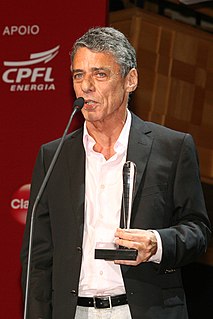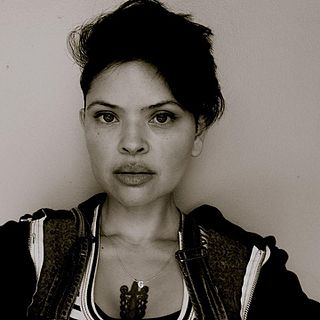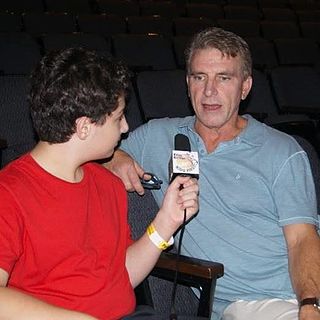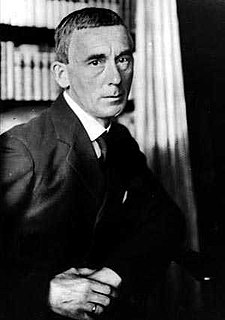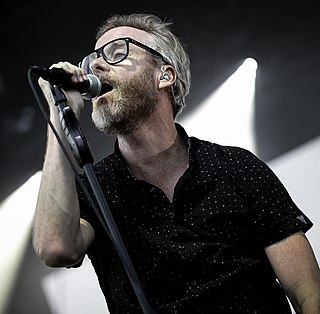A Quote by Mel Brooks
I usually start with the words. The rhythm of the words gives me the rhythm of the song, and then I look for the musical highlights in it to carry it.
Related Quotes
Style is a very simple matter; it is all rhythm. Once you get that, you can't use the wrong words. But on the other hand here am I sitting after half the morning, crammed with ideas, and visions, and so on, and can't dislodge them, for lack of the right rhythm. Now this is very profound, what rhythm is, and goes far deeper than any words. A sight, an emotion, creates this wave in the mind, long before it makes words to fit it.
I see things in hardcopy that I miss if I only see words on screen. I do get sick of the words, but I like to see everything spread out because I get a sense of scale that is missing from screen. Going over each sentence many, many, many times gives me incredible intimacy with sentences, especially their rhythm. The rhythm and music of words matter a lot to me and it only takes one misplaced word to spoil the music.
It's like a puzzle or a painting or music. When I ski, it's like a song. I can hear the rhythm in my head, and when I start to ski that rhythm and I start to really link my turns together, all of a sudden there's so much flow and power that I just can't help but feel amazing. That's where the joy comes from.
Fools, art is a heavy task, more heavy than gold crowns; it's far more difficult to match firm words than armies, they're disciplined troops, unconquered, to be placed in rhythm, the mind's most mighty foe, and not disperse in air. I'd give, believe me, a whole land for one good song, for I know well that only words, that words alone, like the high mountains, have no fear of age or death.

